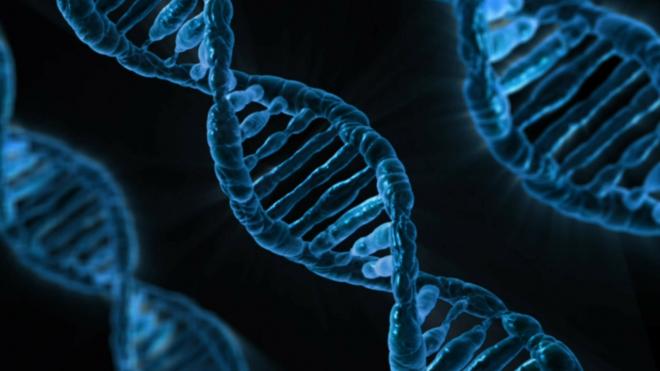Developing bioinformatic approaches to epigenetics and health
The below case study shares some of the technical details and outcomes of the scientific and HPC-focused programming support provided to a research project through NeSI’s Consultancy Service.
This service supports projects across a range of domains, with an aim to lift researchers’ productivity, efficiency, and skills in research computing. If you are interested to learn more or apply for Consultancy support, visit our Consultancy Service page.
Research background
Epigenetics is the influence of genetic susceptibility combined with the complex interactions of each individual’s environment over their lifetime. An individual’s epigenome is a personalised profile of environmental stress exposures, influenced by things like diet, gut microbiota, toxin and drug exposure, psychological and physical stressors and levels of activity throughout life. Measuring the epigenetic changes that occur in diseases helps to know more on the underlying mechanisms.
Understanding these interactions between genes and environment is a fascinating area of research. Genomics Aotearoa and University of Otago researchers Dr Basharat Bhat and Professor Greg Jones have developed EWAS_DAP, an easy to use, interactive and researcher-friendly web server for running population based epigenome-wide association studies. They are initially looking at diabetes, heart disease and aortic aneurysm to better understand the biology of these conditions. This will potentially identify novel drug targets and potentially save lives.
Ultimately, identifying the markers that show how disease is associated with environmental factors could help to develop more targeted diagnostic tools and treatment options, and better manage some of New Zealand’s big health problems like cardiovascular disease. The EWAS_DAP program is an easy to use web-server for associating epigenetic variations with environmental and genetic factors.
Project challenges
EWAS_DAP development has reached a stage where the authors are keen to make the tool available to a wider audience. The web server was initially developed on a Nectar virtual machine and was heavily embedded there. However, the VM does not have enough resources available to accommodate many users at once and the authors need other options to host the EWAS_DAP tool.
Marko Laban, Chris Scott, and Dinindu Senanayake worked on a NeSI Consultancy project with Basharat and Greg with the aim of containerising the EWAS_DAP web application to make it possible to deploy the web application anywhere that supports Docker or Singularity container runtimes, including many cloud providers and NeSI’s HPCs. This would make significantly more resources available to the web application, enabling researchers to run their analyses.
What was done
Source code was moved to GitHub so that all development could be tracked under version control
Extracted the web application from the VM, making various options configurable to make the application portable
Create the Docker definition and build a Docker image that has all the functionality of the embedded web application (PHP, Apache R and ability to email users)
Create Singularity image from the Docker image and address conversion issues (Singularity images do not run as root)
Wrote scripts to automate the build of Docker and Singularity images
Improved reporting of results - email link to results page on completion of a pipeline and added a page to the web application for accessing previous results
Main outcomes
A portable, containerised web application that can run anywhere supporting Docker or Singularity, with no changes required to the container source
The ability to run the web application via NeSI’s Jupyter service - accessing HPC resources through the web browser (no command line knowledge required) at the click of a button - resulting in a significant scale up in available resources for EWAS_DAP (researchers can launch their own instances of the web application, each with access to high memory resources, enabling more samples to be processed).
Researcher feedback
"Setting up EWAS pipeline for global access is something I would not have been able to do myself. NESI consultancy team utilizes multiple platforms to make EWAS accessible online. I am extremely grateful to NeSI’s consultancy team for helping with my research."
- Basharat Bhat, GA PostDoc Research Fellow, University of Otago
Do you have an research project that could benefit from working with NeSI research software engineers? Learn more about what kind of support they can offer and get in touch by emailing support@nesi.org.nz.







